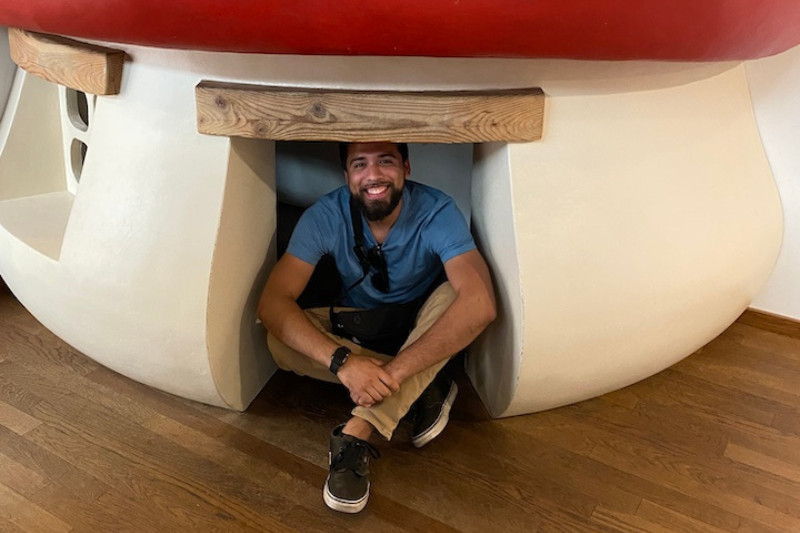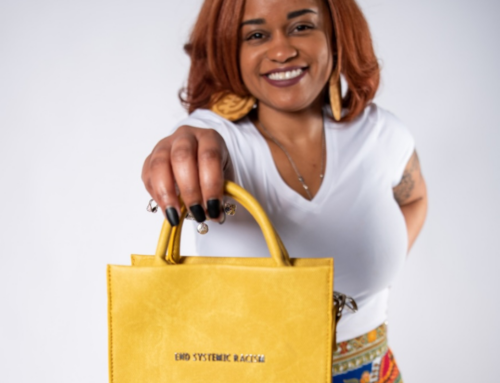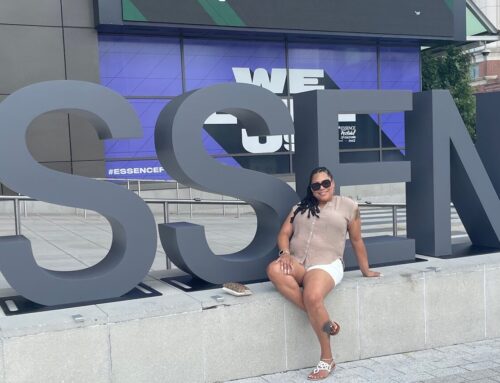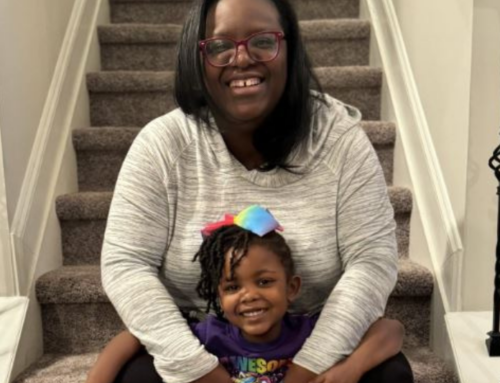Manny Stegall is ethnically Mexican and was adopted as an infant by white parents, and grew up in a predominantly rural, white community. Raised in a lower socio-economic bracket, his family greatly benefited from adoptee social programs. Navigating the challenges of being one of the few people of color in the town, with the guidance of several mentors through volunteer work supporting sexual assault survivors, and as a crisis line chat operator, Manny developed a passion for supporting mental health programs, aiding lower socio-economic status (SES) individuals and families, and addressing health access inequities and disparities. This passion, born from Manny’s upbringing, is the guide for his work at Change Matrix (CM).
What drew you to CM?
Change Matrix was a breath of fresh air to me. A company that values its personnel, supports initiatives aimed at fundamentally addressing inequity and inequality in systems, and comes with an approach of continuous learning and action, eschewing the notion of being an expert – I find these ethos admirable and aspire to continue practicing this mindset.
What is your role at CM?
I serve as the project coordinator for three initiatives including Transforming Academia for Equity (TAE), 988 Crisis Systems Response TTAC, and Fundraising & Field Building for Expanding the Bench®. My responsibilities broadly encompass project management, event coordination, and external communications.
Which project or assignment are you most excited about?
I’m generally excited about all of our work, but most of all I’m excited about our second year of TAE, working with schools of Public Health, and our upcoming in-person kick-off event with our partners and grantees at the ASPPH conference.
Why did you choose equity work?
My journey into equity work began early, having interacted intimately with public health and social services from a young age. During my undergraduate studies, I pursued a hard science path, interning in a biochemistry lab focusing on epigenetic markers in DNA, which were found to be strongly linked to low-SES and exposure to adverse environments. This propelled me to work closely with individuals in such settings, particularly perinatal women, with a focus on developing psychological resilience. Eventually, I shifted towards equity work, realizing that while individual support is rewarding, systemic change is essential to meaningfully address societal disparities. I am committed to advancing systems that support marginalized and discriminated populations.




